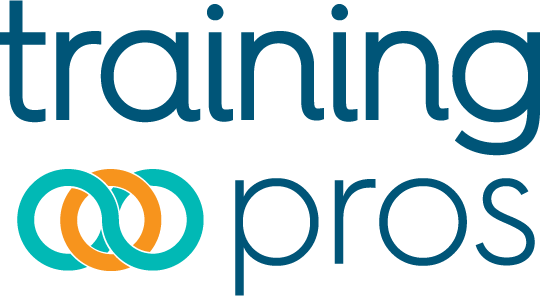
Brian Keller
Director, Sales Force Development
McKesson
Brian is the Director of Sales Force Development for the Medical-Surgical division of McKesson Corporation, a Fortune 14 company, responsible for the training needs of over 1500 account managers and sales managers. His thirty five years in business includes time spent as a sales VP, an advertising executive, a Six Sigma Black Belt, and a national buyer of consumer electronics.
Why is sales training important?
Sales training lends the greatest value in its ability to disrupt inertia. Newton’s 1st law states that a body at rest tends to remain at rest, while a body in motion tends to remain in motion and at the same velocity. So it is with sales people.
 For those sales people at rest, sales training helps to provide direction to the forces placed on them by their system/leadership/organization so that their business grows in the hoped for manner.
For those sales people at rest, sales training helps to provide direction to the forces placed on them by their system/leadership/organization so that their business grows in the hoped for manner.
For those sales people in motion, sales training has even more to offer! Sales training can observe those considered to be in “proper” motion, learn their best practices, and help others learn them, too. Sales training may also help those sales people in motion change their course in a way that helps them to accelerate or, at least, head in the most desirable direction.
Excellent sales training departments look outside the course of regular activities and ask, “Why are we doing that?” Sometimes, it’s the only one that performs that function.
Describe a sales training initiative you will be focusing on in 2014.
We’re continuing to elevate the business consulting skills of our account managers while integrating two large sales forces who are formerly competitors.
Please finish these sentences:
- Sales training is…all about helping people understand and modify their own behaviors for a positive gain.
- Our sales trainers are…committed to providing world class customer service to our account managers.
- Our sales force is…committed to providing world class customer service to our customers.
- If I could change one thing about sales training, it would be…the misconception that good training is an event. It’s much more similar to an exercise program.
How do you believe selling skills have evolved due to the changing marketplace dynamics?
Basic selling skills have been the same for millennia; establish needs, provide solutions, close the sale. What has evolved are all of the external steps to these three basics.
Have you ever had one of those conversations with a friend or close acquaintance that lasted for hours, and at the end of it, you felt as if you’d solved all the problems of the world or at least what the two of you had been facing? That’s the world of selling today.
A sale is a conversation that results in a transaction being completed. In today’s world, that conversation includes questions, answers, hypotheses, declarations, disagreements, apologies, forgiveness, dreaming, nightmares, and celebrations. The account manager must be prepared to invest that much of themselves in the transaction or they will only ever achieve mediocrity.
Who or what are your inspirations for sales training and development?
My initial inspiration was my first boss, who hired me into sales training. He was a very “technical” person and focused on the minutiae of the product being sold instead of on the softer skills. When his class was over, the only one who “got it” was him as everyone else’s eyes would be glazed. I figured there had to be a better way than that! I’ve been searching for it ever since.
One of the best trainers I’ve seen recently is Alan Fine. His training program, Inside Out Development, is focused on coaching but some of the techniques are directly transferable to selling and, of course, sales management. He’s an excellent facilitator.
How do you see sales training evolving over the next 5 years?
I’ve always found it fascinating that very little sales training education exists outside of business and yet, selling skills are required in nearly every position! I believe this is a big gap resulting in an expansion of sales training across the entire country and into areas not previously considered as needing it.
I also believe that technology will continue to play a large part in sales training efforts – outside of elearning. I expect we’ll see an increase in face to face training through the use of online meeting apps with video instead of traditional classroom training; it allows the chance for skill practice which I consider to be essential for behavior change to occur in most learners.
Finally, just as there will always be a need for sales professionals, I think there will always be a need for sales trainers. If my prediction above comes true, I see a need for a certification process specifically for sales trainers.
What are you most looking forward to regarding the 4th Annual Pharmaceutical Sales Training & Development Conference?
I’m very excited about the opportunity to learn about sales training in another area of the medical business.





